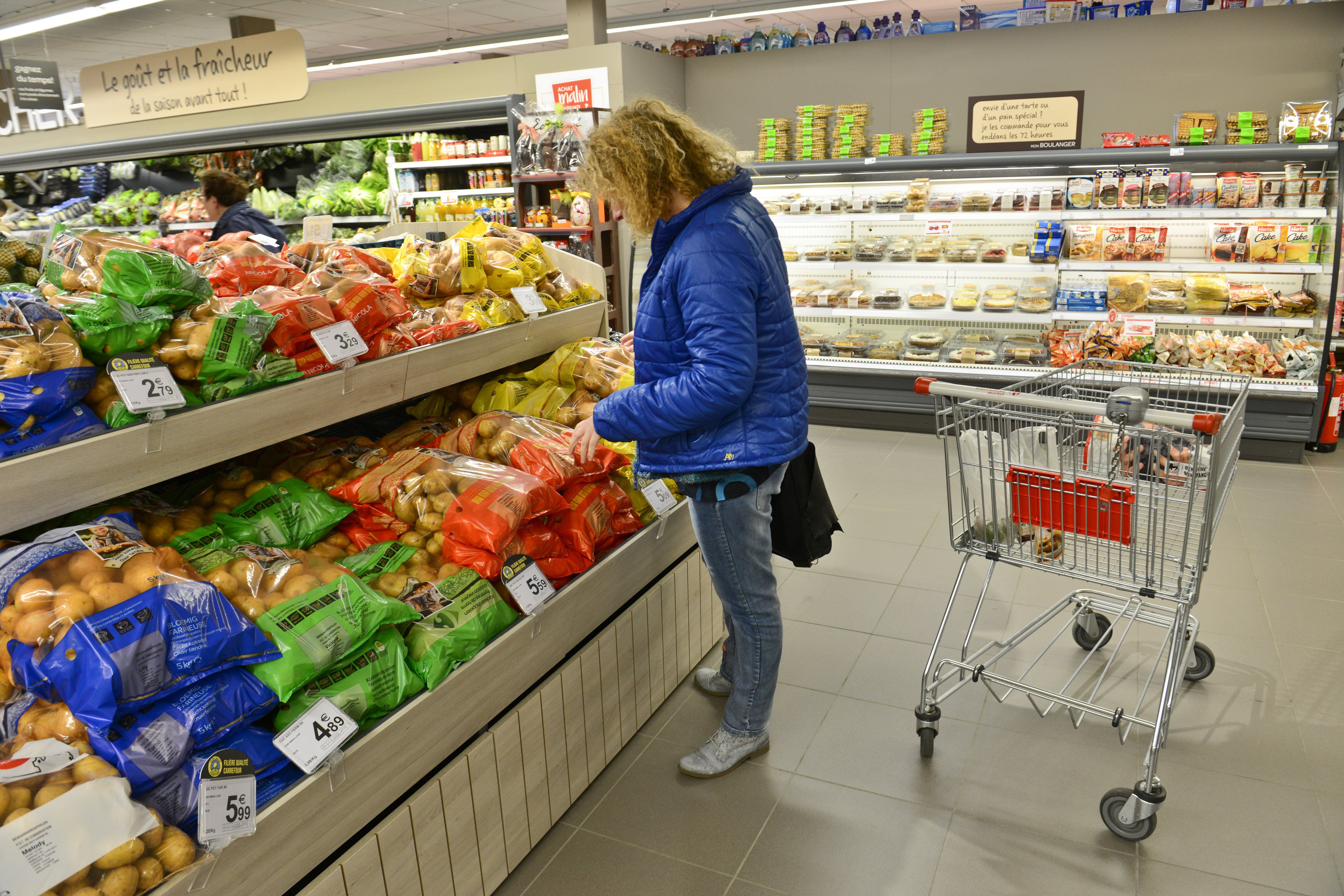Inflation or greedflation? Supermarket prices continue to rise in Belgium

Supermarket products in Belgium are becoming more expensive at a slower rate, but prices are still rising, says consumer organisation Testaankoop. The organisation calls on the government to investigate whether 'greedflation' is at play.
Inflation in Belgian supermarkets continues to fall, Testaankoop reported on Tuesday. The organisation calculated inflation based on the prices of over 3000 products. With price inflation now at 15.4 per cent, there is a significant improvement compared to the beginning of 2023, when the organisation recorded inflation peaking at over 20 per cent.
"Since then, this inflation has fallen, so supermarket products are becoming more expensive at a slower rate," says Testaankoop. But prices are still rising, the organisation points out.
"We expect fair prices"
As commodity and energy prices have been falling on the international market for several months, the organisation is raising questions about the continued price increases in supermarkets. Transport costs also decreased by an average of 17 per cent between June this year and last.
"Once again this month, we have to conclude that consumers are not noticing international price reductions in the supermarket," says Ortwin Huysmans, spokesperson for Testaankoop. "We expect fair prices from the food industry that reflect international price reductions".
Testaankoop reiterated its call for further investigation into the possible existence of 'greedflation' at supermarkets. The term is used to describe the practice of companies raising prices in order to disproportionately increase their profits. In the context of high inflation fuelled by rising energy prices, price hikes in supermarkets and other shops became widely accepted by consumers. This created the opportunity for companies to raise prices beyond the level justified by their own higher costs.
"No widespread evidence"
A family of two spent an average of 531 euros in the supermarket in July, calculated Testaankoop. This is one euro more than in June, but 71 euros more than a year ago. Vegetables, on average, are now 33 per cent more expensive. Global cereal prices have fallen since October 2022 (-17 per cent). Yet 28 of the 36 pasta products that Testaankoop included in its comparison have become more expensive since October.
The National Bank of Belgium, in turn, reported in late June that a recent study "did not reveal widespread evidence that the price hikes seen in 2022 were driven by an opportunistic upsurge in profit margins".
(KOR, BRV)
© PHOTO BELPRESS
Related news:

